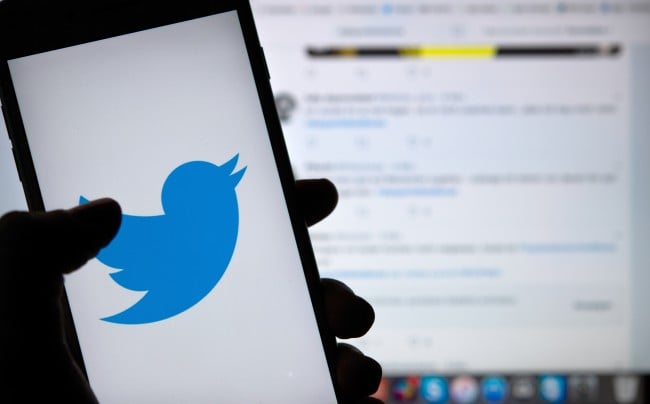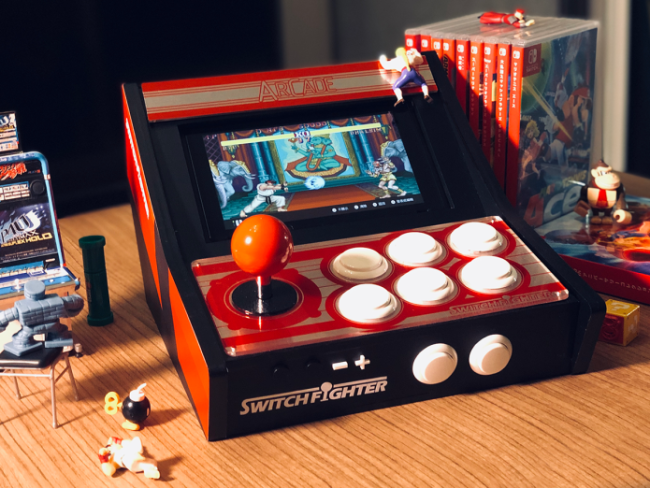Founded by Lei Jun in 2010, Xiaomi prides itself on its “ecosystem” strategy -- selling not just smartphones but also a variety of gadgets and household products. It began expanding into western Europe in 2017.
Xiaomi-backed fitness trackers sell way better than last year

In another sign that wrist-worn wearables are going strong this year, China’s Huami says it’s selling more fitness trackers than in 2018.
The Hefei-based manufacturer is the sole supplier of Xiaomi wearables and maker of its own Amazfit fitness trackers. Between July and September, it shipped nearly 70% more units than the same period last year. And in just the first nine months of this year, it already shipped as many units as it did for all of 2018.
“Our revenue performance was primarily the result of the strong sales of both [Xiaomi’s] Mi Band 4 and our newly released Amazfit products,” said Huami CEO Wang Huang.
Xiaomi is currently the world’s best-selling wrist wearable brand, according to IDC’s most recent figures. It outranks Apple, Huawei, Fitbit and Samsung. Analysts say China remains Xiaomi’s biggest market, although the company is aggressively expanding overseas. It recently announced it would start selling phones and wearables in Japan next year.
Quick Stats
How Xiaomi forged a unique path

After Twitter shut down what it calls a Beijing-backed disinformation operation by banning more than 170,000 accounts, China has responded with a piece of curious advice.
Chinese foreign ministry spokesperson Hua Chunying told reporters during a briefing on Friday that Twitter should shut down accounts that smear China if it wants to fight disinformation, Reuters reported. Hua said that many platforms had falsehoods about China and that there was a need for Chinese voices with objective views. But China itself is blocking Chinese voices from reaching Twitter: The platform is blocked inside the country.
On Thursday, Twitter removed state-linked accounts from China, Russia and Turkey for violating their platform manipulation policies. The company said the accounts spread “narratives favorable to the Communist Party of China” and pushed “deceptive narratives about the political dynamics in Hong Kong” where tensions have once again flared up over the new National Security Law.
This is not the first time Twitter has moved against Chinese state-backed operations on its platform. Last year in August, the platform removed over 900 accounts, which were part of a larger 200,000-strong army involved in a “coordinated state-backed operation” to allegedly sow political discord in Hong Kong.

The arcades aren't as big of a draw as they used to be. But if you miss the retro feel of joysticks and big round buttons, the Switch Fighter might help.
The accessory, which transforms a regular Nintendo Switch into a mini arcade cabinet, is seeking funding on Indiegogo. For US$99, the Hong Kong-based campaign promises to ship backers the Bluetooth-connected gadget, allowing them to “properly play classics like Street Fighter or King of Fighters.” It also serves as a dock for charging and TV output, according to the project page.
There’s a lot of caveats here: The project has a flexible goal, which means it’ll collect all contributions regardless of whether their funding target is reached. Also, Nintendo has previously warned users not to buy a third-party dock for their Switch.
